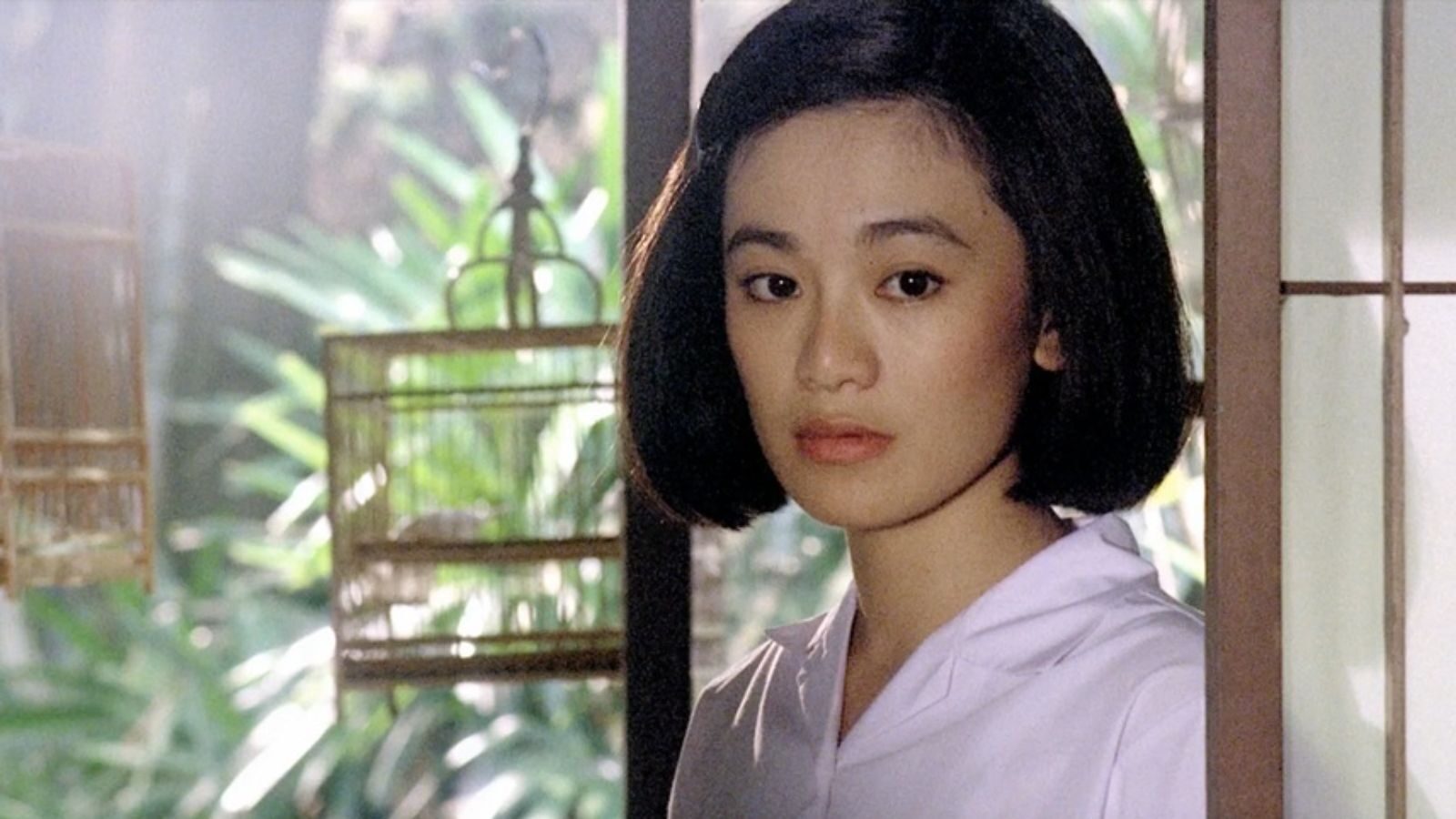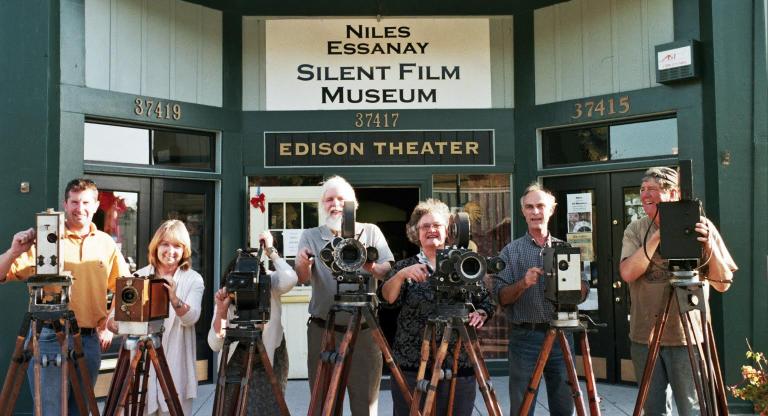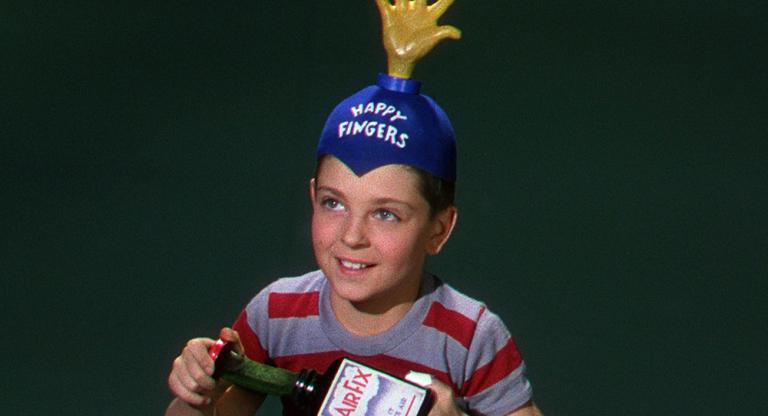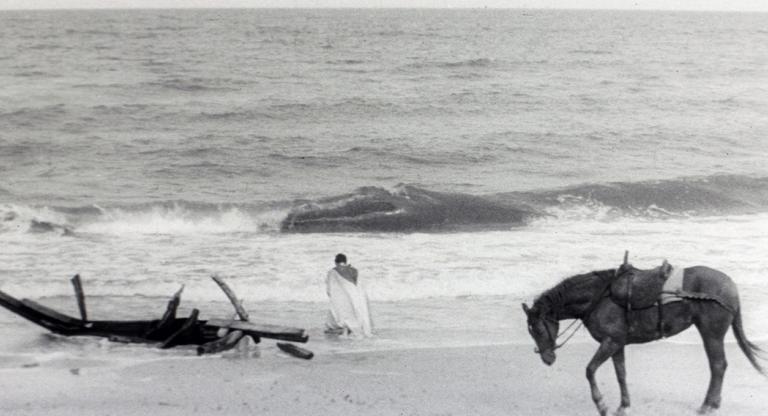Edward Yang’s capstone work, Yi Yi (2000), famously begins with a wedding and ends with a funeral, but this acute attention to life’s discrete stages had always been a staple of the writer-director’s repertoire. His debut theatrical feature, the nearly three-hour melodrama That Day, on the Beach (1983), tracks with novelistic insight the formative years of the housewife-turned-businesswoman Jia-li (Sylvia Chang). It progresses mainly in flashback and contains countless markers of time: a cherished childhood play area, the final exam of a school year, a couple’s first kiss. The opening credits unspool next to a clock radio. Throughout the film, Yang gracefully evokes the accumulation of years and the transformation of personalities. Many characters end up in the hospital with various ailments, becoming fonts of wisdom from their rumpled bedspreads.
In the present-day timeline, esteemed pianist Ching-ching (Terry Wu) returns to Taiwan for the first time in more than a decade to perform a concert, but she blows off her preshow obligations to accept a coffee invite from Jia-li, whose brother Ching-ching had once hoped to marry. Yang creates the outline for an even-handed volley of memories, the two women trading stories as they recap the intervening years. But in one of the great perspectival turns in all of Yang’s corpus, the sullen celebrity with the mesmerizing thousand-yard stare cedes the spotlight to Jia-li and her ordinary struggle to find her footing in a swiftly industrializing Taipei.
An expert dissector of domestic spaces, Yang charts Jia-li’s path from one unhappy home to another. As a schoolgirl, she watches her brother abandon Ching-ching to marry their father’s preferred match. During carefully worded conversations, Jia-li’s mother makes clear a similar arrangement awaits her. Jia-li audaciously rejects the patriarchal code and leaves home to wed classmate De-wei (David Mao), an appropriately reserved mate: at a party, they both linger near the punch bowl while “Hound Dog” animates the crowded dancefloor. But after De-wei takes a high-powered corporate job and loses himself in its all-consuming fraternal grotesquerie, their bond dissolves. With painful clarity, Yang maps how their resentments simmer, going unaddressed amid the deluge of daily tasks and differing responsibilities.
At the beginning of his career, Yang already displays a remarkable visual sense. The emotional tenor of each scene is immediately graspable based on how the characters are positioned in the frame. He cleverly rhymes the disparate narrative strands: ocean waves transition to a churning printing machine; plates shattered mid-argument echo the broken tableware of earlier squabbles. At times, however, the framing device goes entirely out of mind. In the boldest sequence, her mother’s icy handling of a teacup propels Jia-li into a dreamy memory bank. She wanders through the house as a child and eavesdrops on complex adult behaviors. It seems unlikely she would remember such long-ago details, much less recount them to Ching-ching. But Yang’s disregard for such practicalities—his willingness to leap exuberantly across time and perspective—allows him to access essential truths about each of Jia-li’s past selves.
That Day, on the Beach screens Friday, March 1st at BAMPFA.
Previously: That Day, on the Beach screens this afternoon, December 24, and through December 30, at Film at Lincoln Center in a digital restoration as part of their retrospective “Desire/Expectations: The Films of Edward Yang.”




